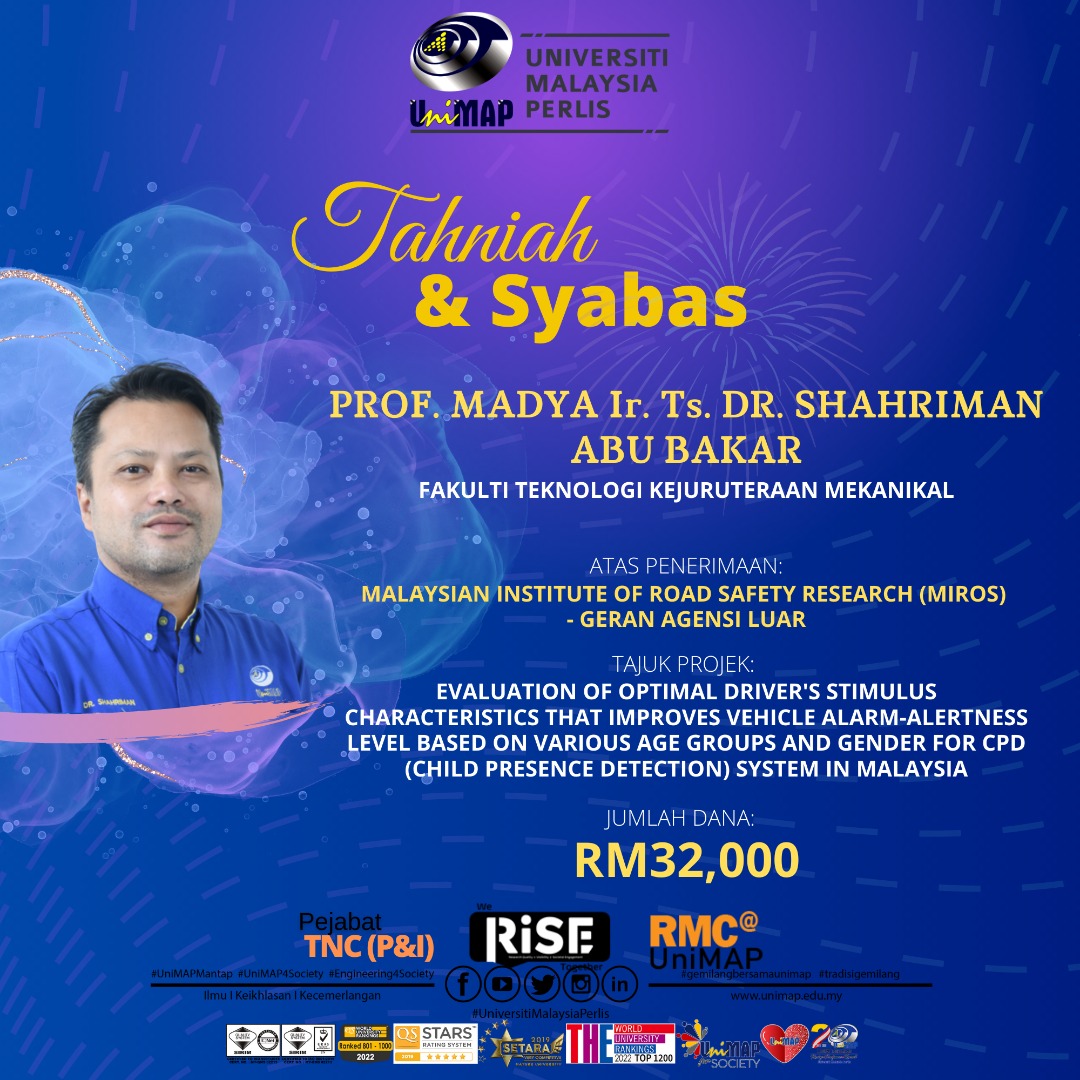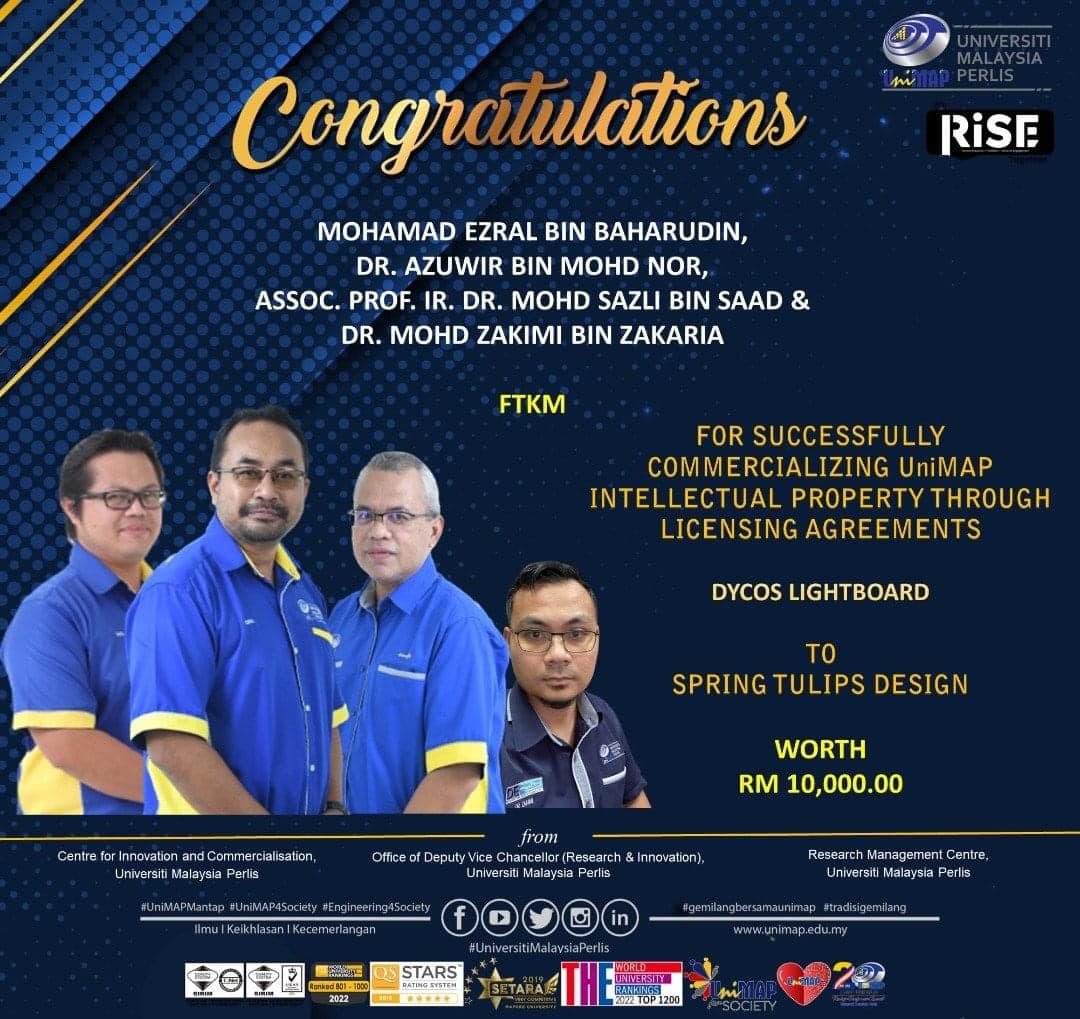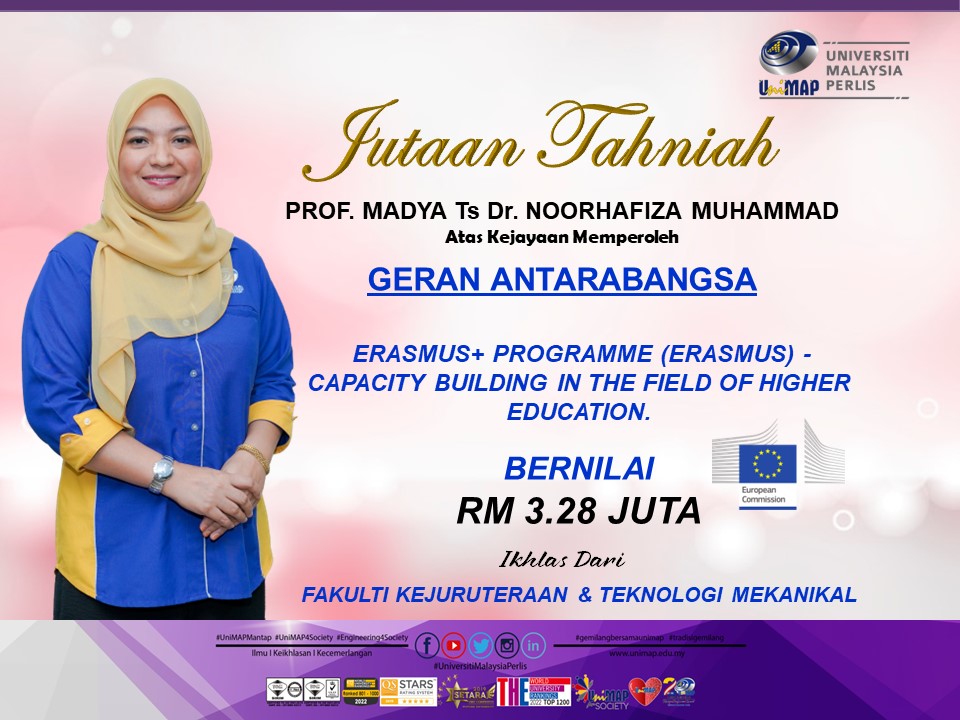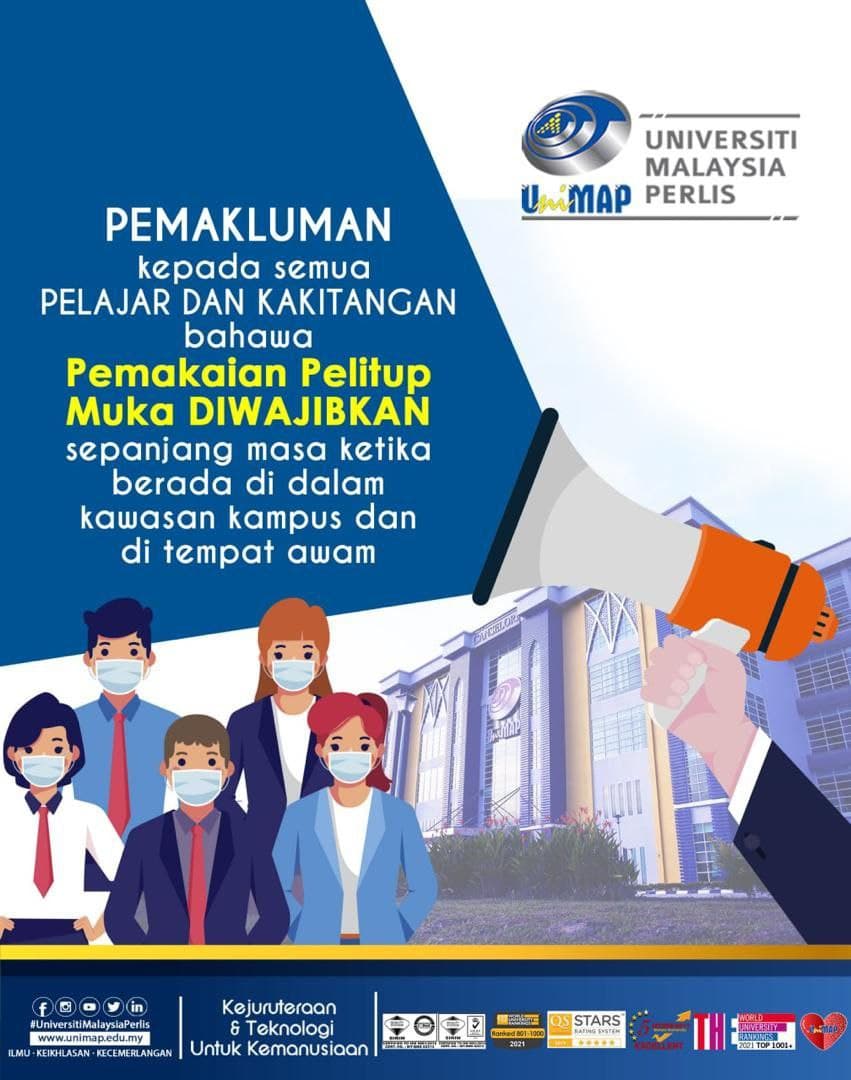1632
Undergraduate
Students
187
Postgraduate
Students
180
Academic
Staff
11
Undergraduate
Programmes
Undergraduate Programmes
Forms
Google Sites
Curriculum Structure
Postgraduate Programmes
PhD
PhD in Mechanical Engineering
PhD in Manufacturing Engineering
PhD in Product Design Engineering
Master (Research Mode)
MSc in Mechanical Engineering
MSc in Manufacturing Engineering
MSc in Product Design Engineering
Master (Mixed Mode)
MSc in Manufacturing Systems Engineering
Master (Coursework)
MSc in Mechanical Engineering

















 PERMOHONAN RAYUAN UPUONLINE SESI AKADEMIK 2024/2025 UNTUK KATEGORI LEPASAN STPM SETARAF TELAH DIBUKA
PERMOHONAN RAYUAN UPUONLINE SESI AKADEMIK 2024/2025 UNTUK KATEGORI LEPASAN STPM SETARAF TELAH DIBUKA